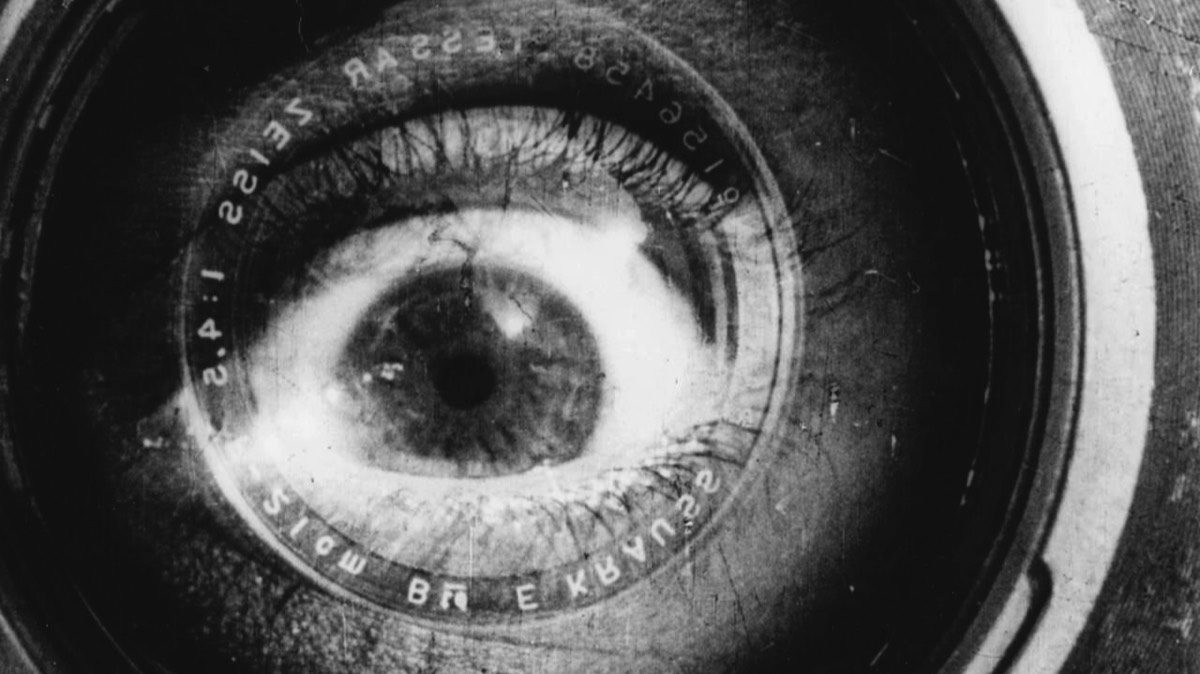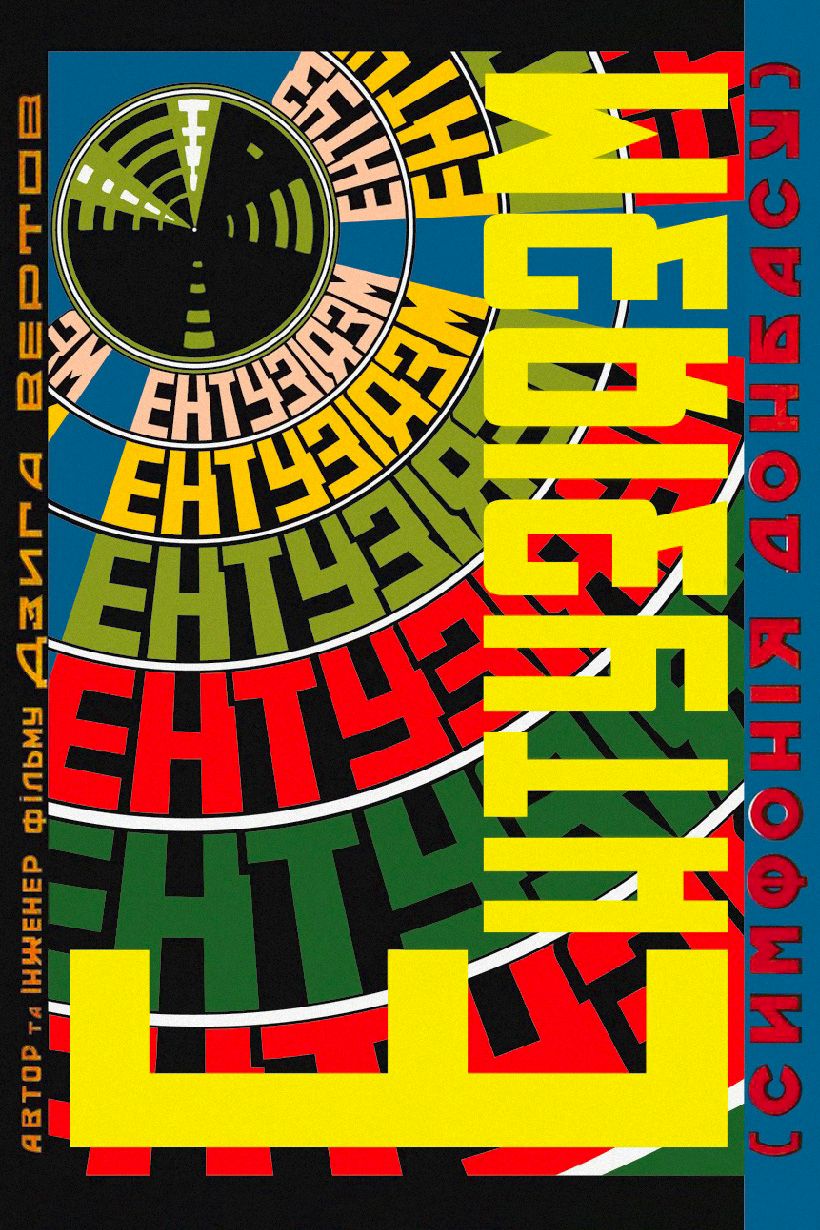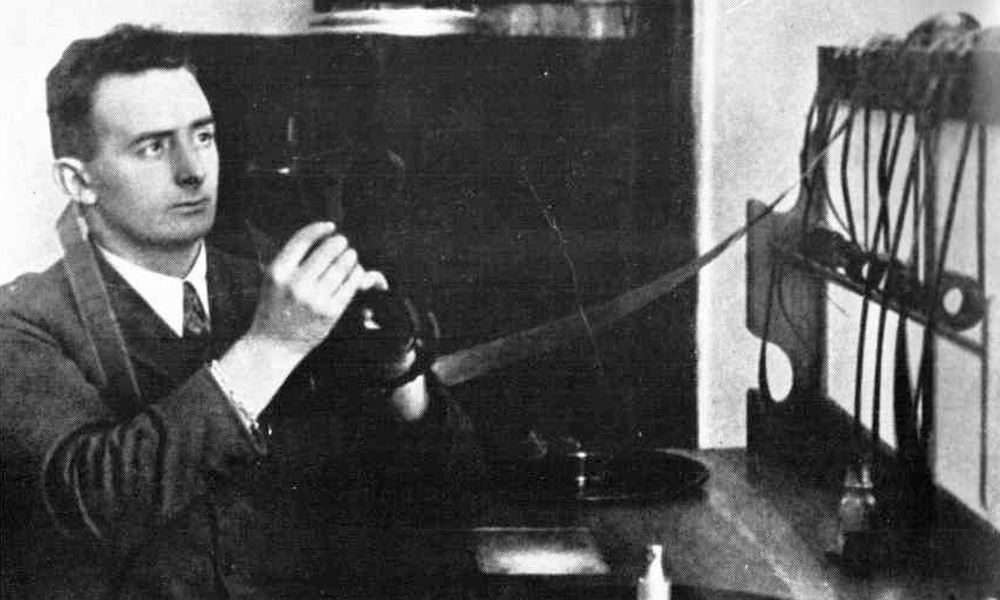“Vertov was the founder of Soviet documentary, though in his later years his methods were disapproved of officially. The full importance of his theories and ideas only became apparent after his death, when more adaptable technical equipment made possible their application and gave rise to the genre of cinéma-vérité - the direct successor and ultimate realization of Dziga Vertov’s kino-eye.” - David Robinson (The International Encyclopedia of Film, 1972)
Dziga Vertov
Director / Screenwriter / Editor
(1896-1954) Born January 2, Bialystok, Poland, Russian Empire (now Bialystok, Podlaskie, Poland)
Top 250 Directors
(1896-1954) Born January 2, Bialystok, Poland, Russian Empire (now Bialystok, Podlaskie, Poland)
Top 250 Directors
Key Production Country: USSR
Key Genres: Documentary, Avant-garde/Experimental, Culture & Society, Propaganda Film, History, Essay Film
Key Collaborators: Mikhail Kaufman (Cinematographer), Ivan Belyakov (Cinematographer)
Key Genres: Documentary, Avant-garde/Experimental, Culture & Society, Propaganda Film, History, Essay Film
Key Collaborators: Mikhail Kaufman (Cinematographer), Ivan Belyakov (Cinematographer)
"This [Vertov's] exhilaratingly imaginative, witty blend of actuality and artifice, later abandoned in keeping with Stalin's preference for sober 'social realism', anticipated both cinéma verité and the essay films of Godard and Marker. He was pioneer of documentary and modernism, yet his lively inventiveness remains enthralling to this day." - Geoff Andrew (The Director's Vision, 1999)
"There are Russian films that we will never see, and nobody made (or supervised) as many of them as Dziga Vertov. For that reason alone, we should be cautious about defining him. Nevertheless, he seems not only the director most engaged with the Constructivist enthusiasm to make a new art for a newly conscious people, but also the most appealing. The Man with a Movie Camera is more touching, more historically informative and comic than any Russian film of the period... Like Godard, Vertov had an instinctive love of cinema and a relentless need to intellectualize and politicize his enthusiasm." - David Thomson (The New Biographical Dictionary of Film, 2002)

The Man with a Movie Camera (1929)
"Vertov remains best known for one of his most experimental films, Chelovek s kinoapparatom (Man with a Movie Camera). Featuring [his cameraman] Mikhail Kaufman in action, and intended to demonstrate the role of the cameraman in showing "Soviet reality," it also became an anthology of film devices and tricks. Eisenstein, usually a Vertov supporter, criticized it for "unmotivated camera mischief" and even "formalism." - Erik Barnouw (International Dictionary of Films and Filmmakers, 1991)
"In many ways the Soviet filmmaker Dziga Vertov was an artist of his time. A kindred spirit of the Constructivist artists who thrived in the wake of the 1917 October Revolution only to be stifled by the Stalinist policies of the 1930s, Vertov was a futurist at heart, a poet of the machine age. For a filmmaker in the reborn Russia the thrill of the new was palpable. Vertov, who saw theory and practice as inseparable, sought to uncover what made the young medium of moving images distinct from the other arts. Every film and every manifesto was an opportunity to examine the latent possibilities and harness the untapped power of cinema." - Dennis Lim (The New York Times, 2011)
"Vertov fathered the kino (film) eye documentary, a technique similar to today's cinéma verité. The filmmaker was a powerful cinema poet and propagandist." - William R. Meyer (The Film Buff's Catalog, 1978)
“Vertov believed that the eye of the camera could record a greater truth than the human eye; he used montage, superimpositions, slow and rapid motion to enhance this truth. His classic Man with a Movie Camera is the most joyous of documentaries - a city symphony which delights in the act of filming, and views its characters with sympathy and affection… As the plodding didacticism of socialist realism took over in the Thirties, there was no place for his surging enthusiasm and his quirkish individual eye.” - The Illustrated Who's Who of the Cinema, 1983
“Dziga Vertov called for film to capture and celebrate the dynamism of the Soviet revolution. Between 1917 and 1924 he produced regular news bulletins which were transported across the nation as propaganda for a mass audience. Fiction films, he believed, had no role in the modern world; the task of film was to capture and celebrate the vitality of reality. Vertov’s films, and his life, are characterised by extraordinary energy.” - The Movie Book, 1999
“Is it possible that I too am acting out a role? The role of seeker after film-truth? Do I truly seek truth? Perhaps this too is a mask? Which I myself don’t realize…?” - Dziga Vertov, 1937
Selected Filmography
{{row.titlelong}}
Dziga Vertov / Fan Club
J. Hoberman, Amy Taubin, Ulrich Gregor, Alexander Horwath, Michał Oleszczyk, Lalitha Gopalan, Laura Mulvey, Evaldo Mocarzel, Dennis Grunes, Fernando Gonçalves Lavrador, José Manuel Costa, Tom Charity.
J. Hoberman, Amy Taubin, Ulrich Gregor, Alexander Horwath, Michał Oleszczyk, Lalitha Gopalan, Laura Mulvey, Evaldo Mocarzel, Dennis Grunes, Fernando Gonçalves Lavrador, José Manuel Costa, Tom Charity.
"Fan Club"
These film critics/filmmakers have, on multiple occasions, selected this director’s work within film ballots/lists that they have submitted.
These film critics/filmmakers have, on multiple occasions, selected this director’s work within film ballots/lists that they have submitted.


